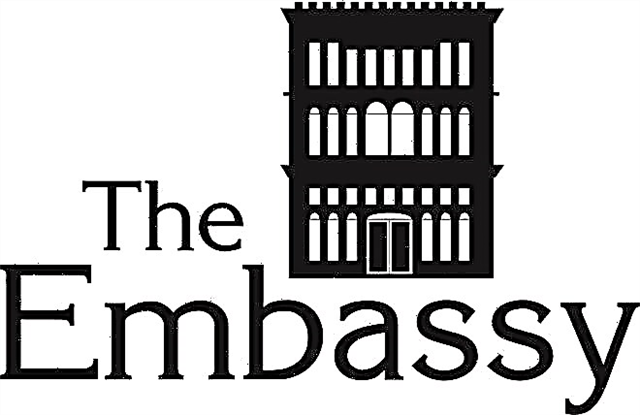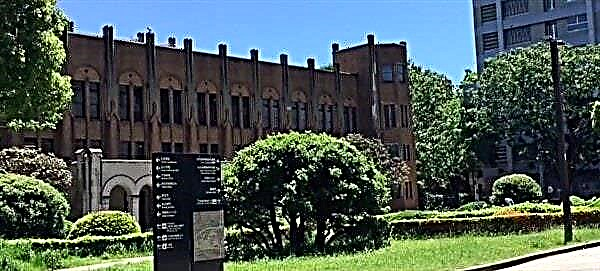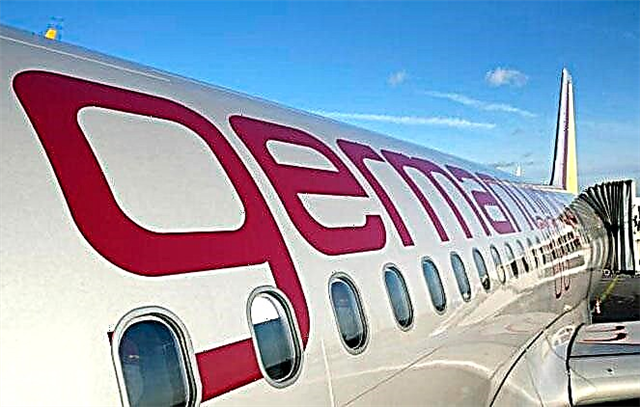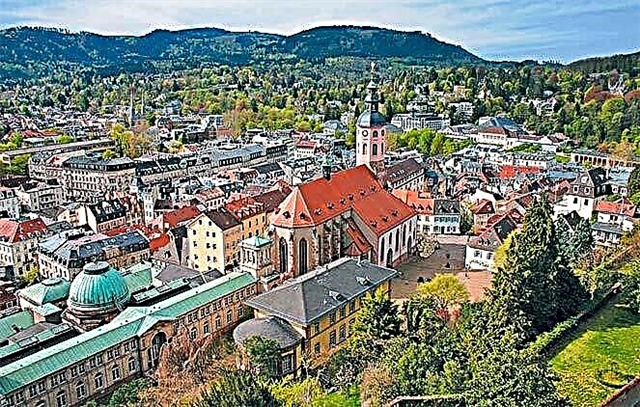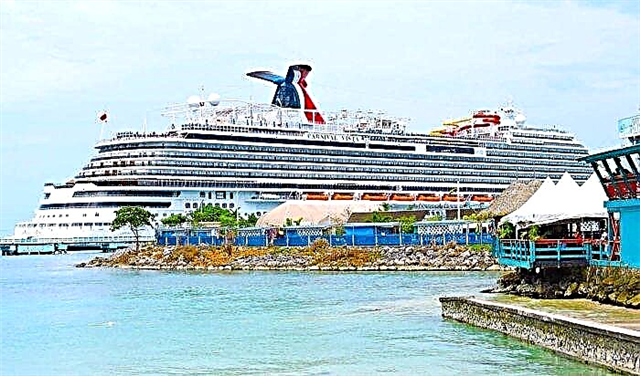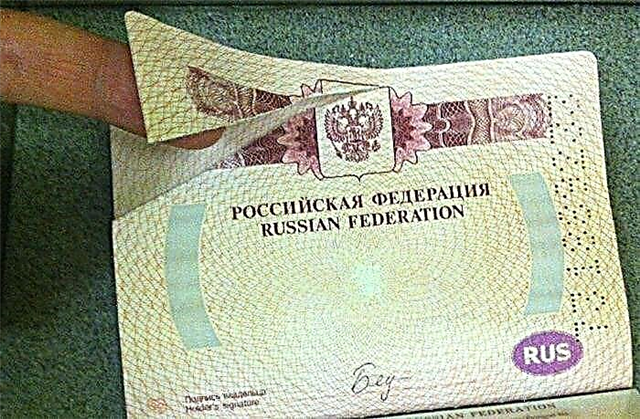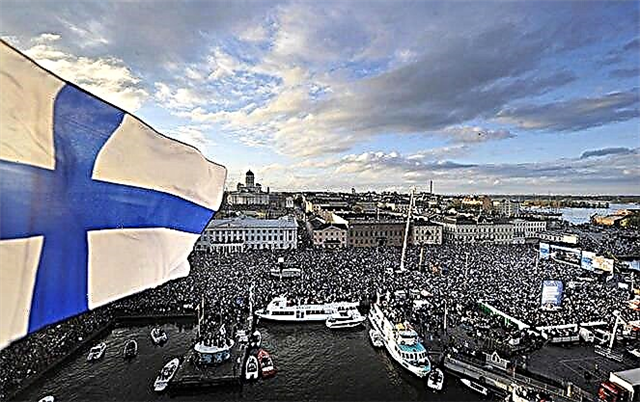As in any other developed country, Finland has well-established mechanisms of international protection. Anyone facing the threat of illegal persecution has the right to request humanitarian status from the Finns. Taking into account the peculiarities of the legislation of this northern European country, international protection includes asylum, refugee status, and even political asylum in Finland. Who has the right to claim humanitarian protection, how to get it and what does it subsequently give?
To whom Finland grants international protection
Anyone who decides to move to another country is a potential immigrant. Immigration is an informed and voluntary move. One of the most suitable for immigrants from Russian-speaking countries is Northern European Finland. Local migration legislation provides for many reasons for admitting foreigners, and the Finns themselves actively attract migrants from abroad.
One of the grounds is the granting of international protection and, accordingly, asylum. Perhaps this is not the most correct way, because the very concept of protection presupposes the presence of some kind of threat in relation to its applicant. But at the same time, asylum has a number of advantages, since it gives the right to accommodation, food, housing and even a small amount of material assistance. We will talk about the rights of asylum seekers a little later, while we dwell on the conditions.
So, in accordance with the provisions of Chapter 6 of Law No. 301/2004 of April 30, 2004 "On Foreigners" (Ulkomaalaislaki, hereinafter - Law No. 301/204), international protection in Finnish territory is provided in several forms, including:
- Asylum in Finland (Turvapaikka Suomessa).
- Additional protection (Toissijainen suojelu).
- Reception and distribution of UNHCR refugees by quota (Pakolaiskiintiö).
Asylum in Finland
Asylum (Turvapaikka) is the main form of international protection applied in accordance with § 87 of Act no. 301/2004. It is granted by virtue of the UN Refugee Convention.
Persons who apply for asylum due to a justified threat of persecution in the territory of their country of residence, if the threat arises on the basis of racial, religious, national, linguistic or, for example, political hostility, have the right to humanitarian status. An important condition for this is the lack of protection from the state of nationality.
The grounds for recognizing the threat of persecution as real, according to § 87a of the law, may be facts that by their nature seriously violate human rights, including:
- physical, mental or sexual abuse of an asylum seeker;
- application of measures of administrative or other legal coercion, including by law enforcement agencies, if these measures discriminate against the applicant or are discriminatory in principle;
- discriminatory harassment or punishment;
- deprivation of the right to appeal against decisions of state bodies, which lead to discriminatory punishments;
- prosecutions for conscientious objection to military service in ongoing conflicts in which non-political crimes may be committed;
The nature of the persecution plays an important role, as detailed in Section 87b of Act No. 301/2004:
- persecution by descent is persecution caused by skin color, nationality, ethnicity;
- religious persecution is defined as persecution based on theistic, non-theistic or atheistic beliefs, religious practices, acts, expression of a point of view, group behavior, and adherence to religious rules;
- persecutions that have arisen on the basis of citizenship, its absence, bipatrism, on the basis of cultural, ethnic or linguistic ties are considered civil;
- Political persecution is persecution for opinions, thoughts and beliefs, criticism of potential persecutors, as well as their methods.
In assessing the above facts and whether the applicant felt threatened with persecution, it does not matter whether the applicant really has characteristics of persecution (i.e., professes a persecuted religion, speaks a language or a particular political position), as long as persecution does take place.
Additional protection
A secondary type of humanitarian status is subsidiary protection (Toissijainen suojelu). According to § 88 of Law no. 301/2004, it can be granted to foreigners who do not have grounds for granting asylum, but if they return to their country of permanent residence, they risk being exposed to serious danger. For example, if they are threatened by:
- the death penalty;
- inhuman or dignified content, forms of punishment or torture;
- the risk of arbitrary violence in connection with an international or internal conflict taking place in the territory.
Resettlement of refugees on a quota basis
The third type of protection is refugee quotas (Pakolaiskiintiö). According to § 90 of the law, Finland accepts UNHCR refugees and other foreigners who need international protection for resettlement on its territory. The number of refugees that the Finns are ready to accept is determined annually, depending on the budgetary possibilities. For example, for 2021, the local Interior Ministry approved a quota of 750 people from Syria and Congo.
Many online publications spread information that it is also possible to obtain political asylum in Finland. In fact, this is erroneous information: as such, Finnish legislation does not provide for political asylum.
But, as we have already indicated above, one of the reasons for granting asylum can be political persecution and repression.
Rights and obligations of asylum seekers
The conditions for accepting refugees and asylum seekers in Finland are not much different from those in other countries. The status of the recipient of international protection allows you to enjoy the maximum benefits necessary for normal living in the country.
Thus, asylum seekers accepted by Finns have the right to:
- objective consideration of their application, provision of the necessary legal assistance and an interpreter;
- residence in Finland until a final decision is made, provision of housing;
- free movement within the Schengen area on the basis of a residence permit / permanent residence;
- receiving material assistance, funds for food;
- free employment without permission, and so on.
In addition to the rights, a number of responsibilities are imposed on applicants for international protection. Including they:
- do not have the right to travel to the country of origin, otherwise the humanitarian status will be canceled;
- are obliged to comply with Finnish law;
- must be registered with the reception center, even if they live in private accommodation;
- must live in the municipality to which they were assigned, and so on.
Asylum procedure in Finland
To obtain refugee status in Finland, an applicant must go through a standard procedure. We draw attention to important points that a potential applicant should remember:
- An asylum application cannot be submitted by a foreigner from abroad (for example, through the embassy or by e-mail), for this he must appear in the territory or at least at the border with Finland.
- The second important point is the operation of the Lublin Agreement. According to its norms, the issue of granting should be considered by the EU country into which the applicant for humanitarian status entered first.That is, in order for the issue to be considered in Finland, the country must be the first of the EU countries to which the foreigner entered.
- The application for humanitarian status must be submitted immediately after entering the country. Exceptions are cases when the grounds for obtaining asylum arose already at the time of stay in Finland or when there were more compelling reasons for a later application.
- When considering an application, not only the country from which emigration is carried out is considered, but also the country from which the applicant actually arrived. So, if the third country from which the applicant arrived in Finland is considered by the Finns as safe, it is considered that he could have applied for international protection there, therefore, this may become a reason for refusal.
Now is the time to consider the procedure for obtaining international protection. The delivery rules are stipulated by the provisions of §§ 94-104 of Act no. 301/2004.
According to them, the procedure for a potential applicant includes:
- Arriving in Finland and notifying the competent authorities of your intention to apply for asylum. As a reminder, they must be notified as soon as possible after arriving in Finland. This can be done either immediately when crossing the border - by voicing your desire to the border guards, or after arriving at the destination - at the local police station.
- Submission of biometric data. Upon receipt of a notification of intent to seek asylum, border officials or police officers are required to register the applicant immediately. They must collect all the relevant information about him, take fingerprints, signature samples and photograph him, as well as carry out checks in the SIS system.
- Accommodation at the reception center. After registration, applicants are placed in a reception center. If the application is submitted by the whole family, it can be accommodated in a separate room of the reception center. The family will not necessarily be in it permanently: it is possible to transfer to another center or live in private housing, if the applicant can afford it.
- Passing an interview. After processing the request, the migration service (Maahanmuuttoviraston vastuulle) will independently appoint the date of the interview and inform the applicant about it through the reception center, by sending the appropriate invitation. On it, an asylum seeker, in the presence of an interpreter (and, if necessary, a lawyer) will answer questions about his situation, explain the reasons for filing an application, talk about the persecution and threats in his homeland and confirm the stated facts with documents. If there is no documentary evidence, oral presentation of facts is allowed. According to §97a of the law, the entire interview process takes place under audio and video recording, and the conversation itself is recorded in a protocol. A copy of it is subsequently passed on to the applicant.
- Waiting for a decision. The time for processing a request and making a decision is individual in each case. A preliminary estimate of the review period will be announced at the interview itself, however, with a high degree of probability, this period may be overdue. You can use this service for a preliminary calculation of the review time. While waiting for the decision, the applicant can stay at the reception center.
- Getting a solution. When the migration authority makes a final decision, the applicant will be sure to be informed about it in his native language or a language he understands. In case of a positive decision, the applicant receives refugee status (or subsidiary protection recipient), which is valid for 4 years with the possibility of extension.
Why can they refuse
Asylum can be refused. The law allows migration authorities to refuse applicants who:
- are reasonably suspected of crimes against peace and humanity or war crimes;
- are suspected of violent crimes of a non-political nature, recognized by Finnish criminal law, if they were committed before receiving humanitarian status;
- caught in actions contrary to the actions and principles of the UN;
- provided false information, submitted forged documents;
- came from a safe country of origin or a safe third country.
The law allows applicants to appeal to the Administrative Court of their place of residence within 14 days of receiving the refusal. In case of a negative decision of the court, it is allowed to file a cassation with the Supreme Administrative Court. If he also refuses, the foreigner is obliged to leave Finland.
When the applicant does not have the funds to leave the country, he has the right to ask for assistance for this purpose. In this case, the state will finance the departure.
Applicant's Eligibility for Employment
For Russians seeking asylum in Finland, there is the possibility of employment without additional permission even before the migration authority makes a decision on the matter. The opportunity to get paid work arises for the applicant:
- three months after the filing of the application, if the applicant for humanitarian status has presented original documents proving his identity;
- six months after the filing of the application, if such documents have not been submitted.
If the applicant managed to get a permanent job, he has the right to apply for a residence permit on the basis of employment, although this is not necessary if he has refugee status.
The employer, however, is obliged to periodically check whether the employee has the right to employment, which gives the status of a refugee or asylum seeker. If this status expires or a negative decision was made and refugee status is not granted, the migrant is obliged to notify his employer. The preliminary entitlement to work will remain in effect until a final decision is made, including by appeal and cassation. A permanent right is valid for the entire duration of the asylum.
Accommodation in reception centers
Immediately after the registration of persons as asylum seekers, in accordance with Art. 16 of Law 746/2011, they move to reception centers for refugees. Accommodation conditions will necessarily take into account the gender, age and other characteristics of the applicant. If the whole family asks for protection, they can be accommodated in a community center.
As a rule, even before the interview, applicants are accommodated in a so-called transit center. After the applicants, as a rule, they are transferred to a permanent reception center, already before a decision is made.
The legislation allows potential refugees to live in private accommodation, such as with relatives or in a rented apartment, but they must still be registered with a reception center.
The refugee camp allows those in need of protection to receive the necessary social assistance, including:
- necessary medical care;
- psychological or legal assistance;
- constant food or the ability to prepare food on your own;
- domestic services, in particular, the use of bathrooms, laundries;
- translation services;
- educational and vocational guidance and so on.
Monthly payment
In addition to housing and welfare assistance, asylum seekers can also apply for financial assistance intended “for basic needs”. It is issued in the form of a so-called cash receipt or transferred to a prepaid card.
The amount of assistance will depend on age, family composition, other income or employment. Please note that the allowance is not automatically awarded, it is awarded on the basis of an application from a person held in a reception center. Minors also receive cash for basic needs, but their benefits are significantly lower.
The table below will help you to understand the amount of the benefit in force during 2021.
| No meals at the reception center | With meals at the reception center | |
|---|---|---|
| Single mother or father | € 312.23 | 91.52 euros |
| Family with child | € 199.18 | € 59.21 |
| Adults | € 263.78 | 75.36 euros |
| Children under 16 | * | € 26.92 |
| Children 16-17 years old | * | € 48.44 |
If family members have special needs, they are eligible for additional financial assistance. In any case, each case is considered individually.
Refugee family reunification
After officially obtaining refugee status, and therefore obtaining a residence permit in Finland, a foreigner has the right to reunite with his family. Anyone who is currently living in Finnish territory receives the status of a “family sponsor” (perheenkokoajaksi), and his family members have the right to move to Finland.
To do this, they will need a residence permit based on family ties (oleskelulupaa perhesuhteen perusteella). Without a residence permit, non-EU family members can visit Finland only for up to 90 days, but for this they will have to obtain a visa to visit.
The following persons have the right to a family residence permit:
- spouse or registered partner, if they have been married (partnership) for two years or have a common child;
- minors and unmarried children of a refugee, or parents / guardians of the child, if such a minor child is in Finnish territory;
- any relatives if they are completely dependent on a family member living in Finland.
It is the responsibility of the family sponsor to ensure that the necessary funds are available to support the reunited family.
Permanent residence and citizenship for refugees
When a foreigner receives refugee status from the Finnish authorities, he automatically acquires a long-term residence permit valid for the duration of the humanitarian status.
After the expiry of the 4-year period, if the stay in Finnish territory has been uninterrupted, in accordance with § 56 of Act No. 301/2004, the migrant has the right to apply for a permanent residence permit. Please note that this is the general period required to obtain permanent residence - there are other ways of immigration, through which you can also obtain a permanent permit.
Having lived in the country for at least 5 years, a foreigner acquires the right to apply for citizenship. It is noteworthy that the countdown of this period starts from the date of filing an application for asylum.
In order to obtain a Finnish passport, the applicant must be an adult, unconvicted, without an entry ban, possessing the necessary language skills and having a sufficient income.
Conclusion
Considering all of the above, once again we want to draw the attention of readers to the main points:
- Finland has 3 types of international protection: asylum, subsidiary protection and UNHCR refugee quotas;
- as such, there is no political asylum in the country, but one of the grounds for granting general asylum is persecution for political reasons;
- you can only submit an application for asylum from the territory of Finland, send it through the embassy, by e-mail or in any other way;
- refugee status in the country provides many advantages: the right to live, housing in a reception center, social assistance and even benefits;
- The refugee is automatically given a residence permit with the right to work, according to which he can receive permanent residence and invite relatives to the country for family reunification.

